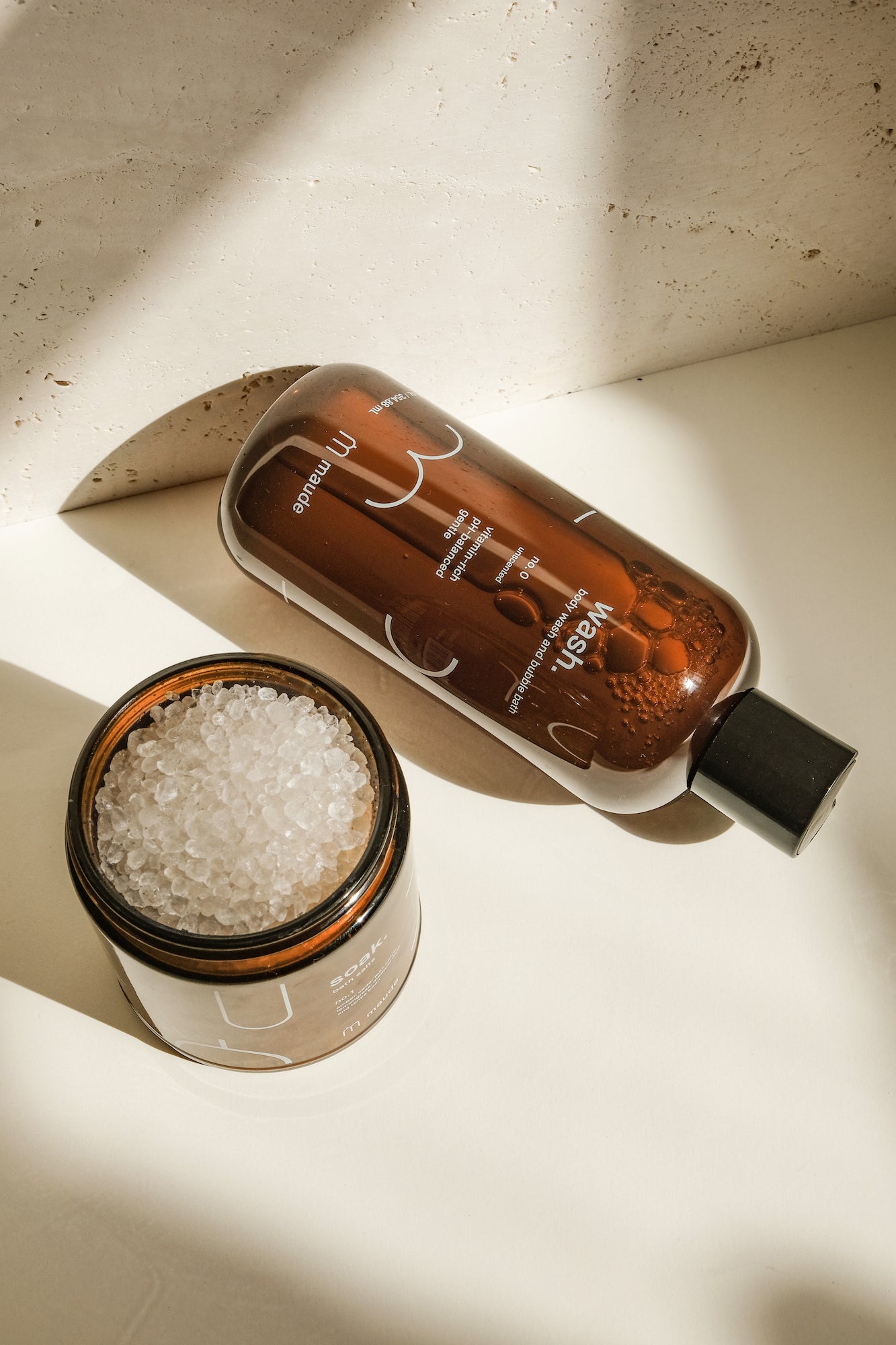Sex and Arthritis.

How to not let chronic pain get in the way of getting intimate.
It’s an inevitability that unfolds in a Hemingway-like manner: Slowly, then all at once, those joints don’t move the way they used to. And for some—unfortunately—the pain that comes along with that change is worse than for others. According to the CDC, nearly 30-percent of people between the ages of 45 to 64 in the U.S. are diagnosed with arthritis, and that percentage rises to just under 50-percent for those above the age of 65. But for an issue so common, there’s not a whole lot of discussion about how those aching, stiff joints affect intimacy.
There are several different types of arthritis. Osteoarthritis, the most common form, is caused by a breakdown of cartilage between the bones and joints—this can happen from the wear and tear that comes along with aging. Rheumatoid arthritis is an auto-immune, inflammatory disease; basically, it causes the immune system to attack healthy cells, largely in the joints. Sexually acquired reactive arthritis is a type of arthritis that can develop from a sexually transmitted infection, like chlamydia (most commonly) or gonorrhea.
What impact does arthritis have on sex?
From the emotional to the physical, there are several ways arthritis can impact your sex life, according to U.K.-based charity Versus Arthritis. Living with chronic pain can, of course, affect your mental wellbeing, which means you’re less likely to be in the mood (fair!). And swollen or painful joints might make your usual positions less comfortable than usual. For those suffering from rheumatoid arthritis, the additional symptoms of fatigue, loss of appetite, and fever can also have an understandably negative effect.
Admittedly, there’s not a ton of research on the direct link between intimacy and arthritis, but the studies that have been conducted show it’s not exactly good news. A 2007 study showed that both men and women reported joint trouble during sexual activity, and 2003 research found that sexual ability was negatively impacted by arthritis in 58-percent of study participants. It’s not just physical, either: a journal entry in 2014 showed that sexual drive is diminished by 50- to 60-percent in rheumatoid arthritis patients. When you’re not comfortable, it’s perfectly understandable to not want to get it on.
Does it last forever?
Not all arthritis does: For those suffering from reactive arthritis, which develops most often between the ages of 20 and 50 as a result of an infection like chlamydia or salmonella. It can be treated with antibiotics—most people, according to Johns Hopkins University, typically recover.
Both osteoarthritis and rheumatoid arthritis are chronic. The former happens from general wear-and-tear of cartilage in the joints, while the latter is an autoimmune disease, which results in symmetrical pain (pain in both hands or both hips, as opposed to just one body part), as well as fatigue and other symptoms, according to the University of Michigan.
What can you do about it?
There are various anti-inflammatory treatments for the different kinds of arthritis, which can decrease joint pain, but inevitably might come along with side effects: Vaginal dryness or the reduction of libido in women is one common one, according to Arthritis.org. But for those with osteoarthritis, AARP notes that sexual activity can make for positive, low-impact exercise (which also results in a burst of endorphins that will make you feel good).
Most importantly, don’t be afraid to bring up your sexual concerns or difficulties with your doctor when you’re talking about your arthritis—though they might not initiate the conversation, healthy sex life is a crucial part of your general wellbeing, and they can help you find the best antidotes, whether that’s a referral to a sex therapist or just a good lube that can make things go a bit smoother.
Arthritis sex positions
The best sex positions for arthritis are those that put the least strain on your joints, according to research published by the University of Washington. The best position for you may vary depending on which joints are inflamed, but generally, it should be a position that allows you to shift quickly if things start to get painful. Some ideas: Both partners standing, with the person in front holding onto a piece of furniture for support; both partners lying on their side with the person in front holding a pillow between their knees for hip support; missionary, with a pillow supporting the hips of the person on the bottom and the person on top supporting their weight with their hands and knees.
Why sex can be beneficial for those with arthritis
Arthritis isn’t a reason to fully write off sex; as long as you’re going about it in a way that isn’t painful, it can be quite beneficial for people who struggle with arthritis. According to AARP, gentle, range-of-motion exercises (like intercourse) can help to strengthen weakened joint tissue. Not to mention, the endorphins released during sex can help to lift your mood and make you feel more comfortable in your body—a very welcome feeling for anyone, not just those who struggle with chronic pain.
How to talk to your partner about arthritis
Open communication is crucial; if you struggle with arthritis, have a conversation with your partner about what hurts, and what might be beneficial to your sex life. It can help to schedule or plan for sex at certain times of day when you’re experiencing less pain, according to the American College of Rheumatology. Staying under a blanket or having sex right after a hot shower can also help your joints stay warm and feel more flexible.
Make sure you’re both willing to go slow and try different positions; it may take some time to figure out what works for you, so don’t get discouraged if your first attempt doesn’t necessarily go as well as you’d hoped. Ultimately, the willingness to experiment will help you have sex in a pleasurable way—and pain-free—for both you and your partner.






